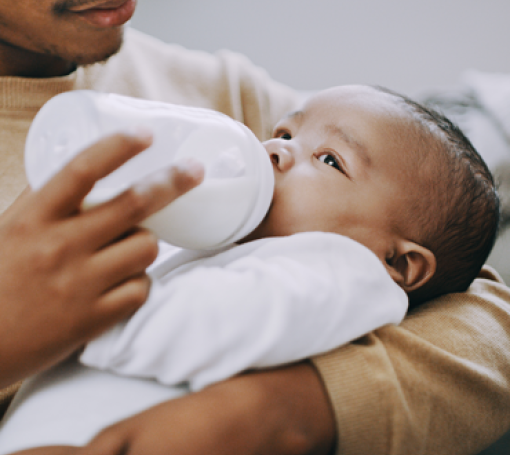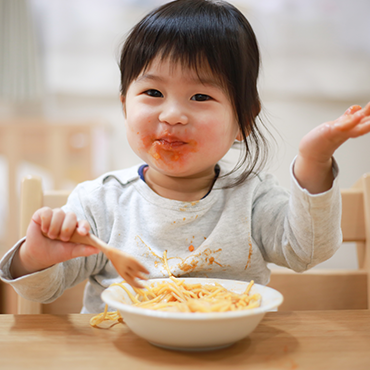Every doctor knows – food is medicine. Every parent knows this too. That is why we are collectively committed to teaching our kids to eat well: variety feeds our biochemistry.
And yet toddlers often have a different goal at meal-time – they prefer to be picky.
Many parents are understandably frustrated and disturbed by their child’s picky eating, because they know the importance of good nutrition. The tendency of many parents is to see this as a food problem; however, developmental considerations often hold the secret to solving the conundrum.
Let’s look at it through the lens of a toddler: life is often overwhelming. Neuroscientists say that 85% of the brain develops in the first three years! Extraordinary! Toddlers are asked to master an enormous number of tasks: learn a new language (sometimes two), learn to be comfortable out of the safe confines of a parent’s arms, learn to accept the boundaries that others impose on your curiosity and independence, and learn to be happy despite a frequent sleep/rest deficit. The demands are often overwhelming and perplexing for your toddler.
To buffer the impact of the steep learning curve, children crave, and desperately need, the comfort and security of the familiar and predictable. This is why they suck their thumb, cling to teddy bears, hold on tight to parents in new situations, and find comfort in familiar routines. They need familiar as a counterbalance to the exhausting onslaught of new and stimulating events that confront them. One of the easiest places they can look for familiar is food. Sometimes they don’t want to give up the bottle. It’s not that they can’t drink from a cup, they just like their bottle. Sometimes they retain an interest in pureed foods; they can eat cookies, but otherwise they like the comfort of a familiar texture. They have their preferred foods, and in one of the few areas where they can exert control (with clenched lips), they silently scream “I’m overwhelmed, let me be picky.” There may be some foods that they genuinely don’t like (Brussels sprouts, rutabaga, and liver were mine…), but more often than not, they are seeking comfort food. The secret to parenting a picky eater isn’t to focus on the food, it is to focus on the collection of comforting objects, songs, stories, people, and routines that offer our children familiar security.
Since we still have to get our kids to eat well, we can pull this idea of familiar into our meals. We can also be developmentally strategic and take advantage of their active imagination. “I know you really like mac and cheese, do you think your mac and cheese wants a buddy today? Who do you think they want to play with: bananas, apples, or oranges?”
I always appreciate that the best way to understand a child is to understand ourselves. When we embark on a new, terrifying, exciting, overwhelming, and overly ambitious endeavor, we too often find ourselves seeking the comfort of familiar. On a personal note, when my monthly travel commitments, research pursuits, clinical responsibilities, and family activities exceeded my ability to juggle all responsibly, I found myself watching snippets of Pretty Woman frequently at night. My wife would walk by and say, “You’ve watched this a thousand times, why don’t you watch something new?” I thought to myself, “Because I need the comfort of something familiar.”
Our children need to be nourished. When we nourish their emotional needs in parallel with their nutritional needs, everyone finishes dinner with a smile.
Dr. David Reuter is a pediatrician in the Allegro Pediatrics Bothell location.
Keep Reading
View All Posts
What to Know About Infant Formula
Choosing the right baby formula is important, and we’re here to help you understand the facts and keep your baby safe.

Baby's First Milestones
Watching your baby grow and change in the first year is exciting and sometimes overwhelming. Learn about key physical, social/emotional, and speech milestones to help you understand your baby’s development.

Positive Parenting Techniques
Positive parenting focuses on building a nurturing relationship to teach children important life skills like problem-solving, emotional regulation, and communication.

